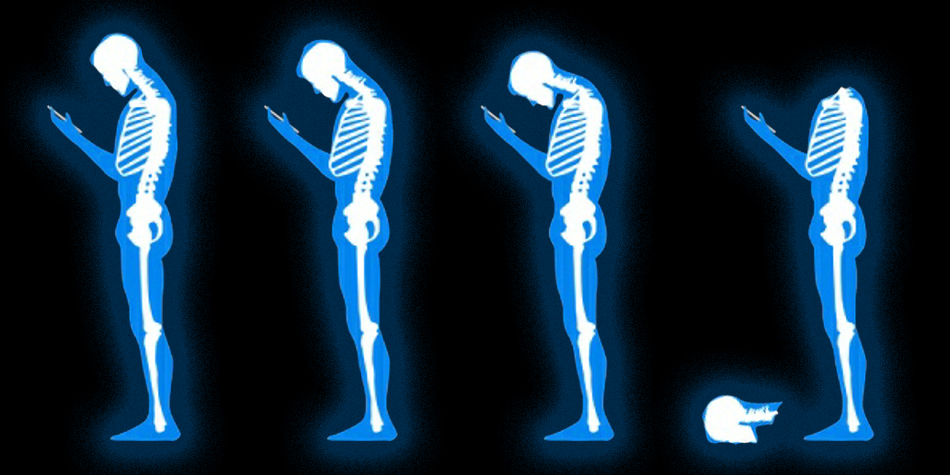
Eighty times a day. That’s how often the average iPhone user pulls out there device, according to Nicholas Carr in the Wall Street Journal.
“That means you’ll be consulting the glossy little rectangle nearly 30,000 times over the coming year. Your new phone, like your old one, will become your constant companion and trusty factotum—your teacher, secretary, confessor, guru. The two of you will be inseparable,” he writes.
Yes, it’s amazing that we can stay this connected with our network, this “in touch” with the wider world around us. Yet that very “connection” appears to be causing side effects like anxiety and inability to focus, according to some startling new research.
“Not only do our phones shape our thoughts in deep and complicated ways, but the effects persist even when we aren’t using the devices,” Carr continues. “As the brain grows dependent on the technology, the research suggests, the intellect weakens.”
Carr, an author of several books on technology and humanity, is referring to research out of the University of Texas at Austin, spearheaded by Adrian Ward, a cognitive psychologist and marketing professor there.
“In his own work, as well as that of others, he has seen mounting evidence that using a smartphone, or even hearing one ring or vibrate, produces a welter of distractions that makes it harder to concentrate on a difficult problem or job,” Carr explains. “The division of attention impedes reasoning and performance.”
Just suppressing the desire to check our phone, which we do routinely and subconsciously throughout the day, can debilitate our thinking.
In the study – in which three groups of students were given unfamiliar problems to solve – the group that had their phones in plain sight (as opposed to in their pockets or purses, or completely out of the room), showed significantly lower brainpower and what the researchers termed “available cognitive capacity.”
And, quite surprisingly, almost none of the participants said their phones were distracting them during the tests. In other words, “they remained oblivious even as the phones disrupted their focus and thinking,” Carr notes.
Other researchers have noted a similar “brain drain,” in which test subjects clearly show diminished mental skills including “learning, logical reasoning, abstract thought, problem-solving, and creativity.”
“Smartphones have become so entangled with our existence that, even when we’re not peering or pawing at them, they tug at our attention, diverting precious cognitive resources,” Carr explains. “Just suppressing the desire to check our phone, which we do routinely and subconsciously throughout the day, can debilitate our thinking. The fact that most of us now habitually keep our phones ‘nearby and insight,’ the researchers noted, only magnifies the mental toll.”
Carr goes on to cite study after study that confirms this kind of mental drawn-down, as well as emotional disconnections, diminished interpersonal reactions, worsening recall, and a lessening of empathy. It also makes us gullible and likely to share fake news, even while we think we now more than ever before.
Let’s let this sink in for a minute; the constant nearness of our smartphones is damaging how we interact with the other people in our lives. And it won’t be solved by “better phones” – in fact, the more info we consume on them, the worse the effects seem to be.
The solution? Put it away. Even for just a few hours at a time.
“Upgrading our gadgets won’t solve the problem. We need to give our minds more room to think. And that means putting some distance between ourselves and our phones,” Carr writes.
Good advice.
